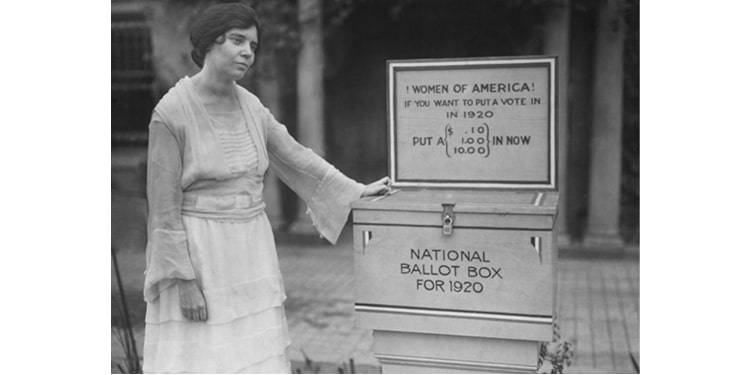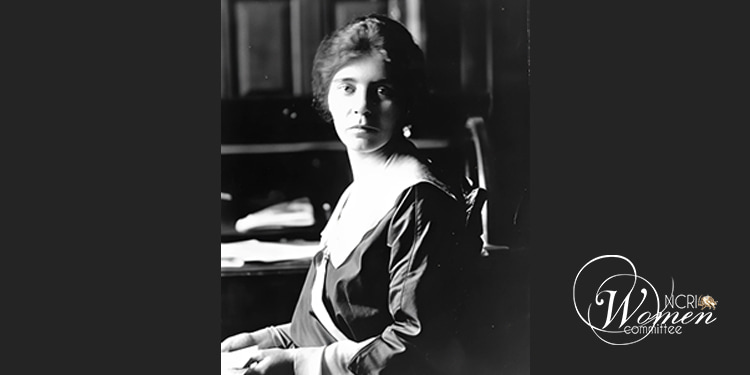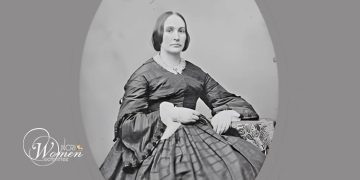Alice Paul (January 11, 1885 – July 9, 1977) was a relentless American suffragist, feminist, and activist who played a pivotal role in securing women’s right to vote in the United States. Born in New Jersey, Paul’s early exposure to Quaker values of equality fueled her passion for social justice. Educated at Swarthmore College and later in England, she was deeply inspired by the militant tactics of British suffragettes.
Returning to the U.S., She transformed the women’s suffrage movement by founding the National Woman’s Party (NWP) in 1916. Her bold strategies included organizing the historic 1913 Women’s Suffrage Parade in Washington, D.C., and leading hunger strikes while imprisoned for protesting the government’s delay in passing the 19th Amendment.

Thanks to her unwavering dedication and innovative activism, the 19th Amendment was ratified in 1920, granting American women the right to vote. Beyond suffrage, Alice Paul championed the Equal Rights Amendment (ERA) to guarantee gender equality under the law, a battle that continues today. Alice Paul remains a towering figure in feminist history, celebrated for her courage, vision, and transformative impact on women’s rights in America.
























